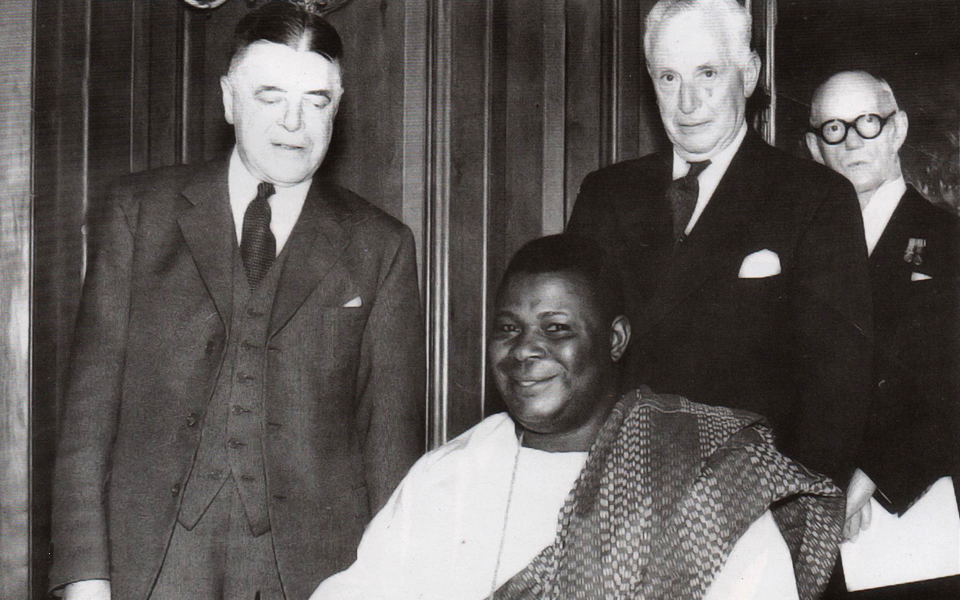A socio-political group in the Niger Delta region of Nigeria has called on President Muhammadu Buhari to name the Finance House in Abuja, the Federal Capital Terrority of the nation, after late Chief Festus Okotie-Eboh.
The group, Niger Delta Youths for Development, made this call in Asaba, the Capital of Delta state at the weekend. “Chief Festus Okotie-Eboh was the architect of the Nigerian economy; he was the first Labour Minister and then the first Finance Minister, who established the Central Bank of Nigeria (CBN) and employed the first governor of CBN.
“He created the first Nigeria currency, he established the Nigerian MINT and Nigeria Stock Exchange; created the Koko Sea Port, brought Julius Berger, Chevron Nigeria, Costain Lagos, McDermott; and with his political influence, he single handedly created the Mid-west region.
“But despite all these great contributions by Chief Festus Okotie-Eboh of blessed memory, the Federal Government has not immortalized him,” said spokesman of the group, Charles Eyimofe Pemu.
Continue reading “Niger Delta Group insists Finance House be named after Okotie-Eboh”
